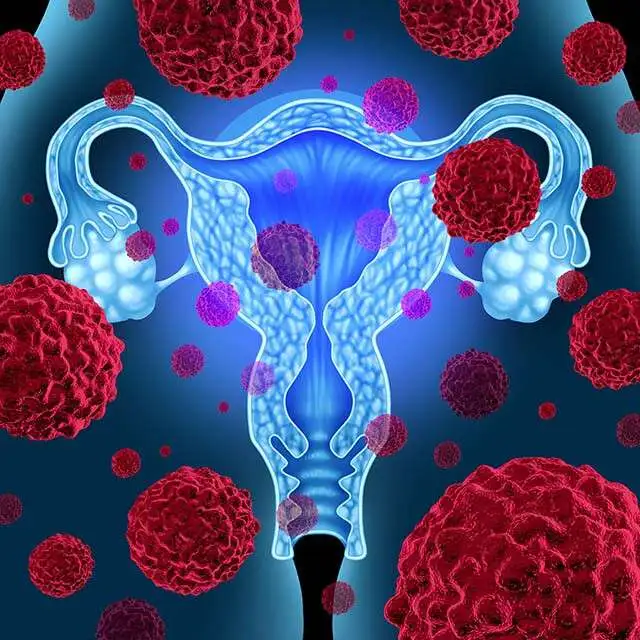As world leaders converge in Rio de Janeiro, Brazil, for the G20 Summit, a symbolic message of hope and action will shine from the city’s iconic Christ the Redeemer statue, bathed in teal light. This striking display is part of a worldwide “Day of Action for Cervical Cancer Elimination,” spearheaded by the World Health Organization (WHO) and joined by advocates and communities across the globe.
The movement, which began four years ago with the commitment of 194 countries to eliminate cervical cancer, has gained significant momentum. Globally, 144 countries have introduced the HPV vaccine, 60 have adopted HPV testing in screening programs, and 83 include cervical cancer surgical care in health-benefit packages.
“Health workers are the backbone of this global effort,” said WHO Director-General Dr. Tedros Adhanom Ghebreyesus. “We’ve made great strides, but inequities persist, with women in low-income countries carrying the greatest burden. Strong leadership and sustained investment are essential to ensure equitable access for all.”
Global commitments and action
This year’s campaign is marked by diverse initiatives aimed at advancing the elimination of cervical cancer:
- Chile will pilot self-collection HPV testing, integrating it into universal primary health care.
- China will host academic lectures, health runs, and landmark illuminations across 31 cities.
- Democratic Republic of the Congo plans a 3-day forum culminating in a public awareness march in Kinshasa.
- Ethiopia aims to vaccinate over 7 million girls with support from Gavi.
- India will engage civil society groups in awareness campaigns and healthcare professional training.
- Ireland is set to launch an Action Plan for cervical cancer elimination, building on its 2023 pledge to achieve this milestone by 2040.
- Japan will illuminate 70 landmarks during its annual Teal Blue Campaign.
- Nigeria will advocate through the First Ladies Against Cancer initiative.
- Rwanda has announced ambitious 90-70-90 targets by 2027, three years ahead of WHO’s global goal.
- South Africa will roll out healthcare provider training across three provinces.
Driving innovation in HPV testing
WHO is also launching new guidance on Target Product Profiles (TPPs) for HPV screening tests. These guidelines prioritize affordable, high-performance tests that can function in remote, resource-limited areas. The focus includes options for women to collect their samples and tools for on-site testing, making screening more accessible.
The goal is clear: to eliminate cervical cancer as a public health threat. With collective action, innovation, and sustained commitment, this vision is becoming a reality, promising healthier futures for women everywhere.



1 Comment
Which drugs are OK for cervical cancer?
Give names of Herb drugs for treating cervical Cancers?